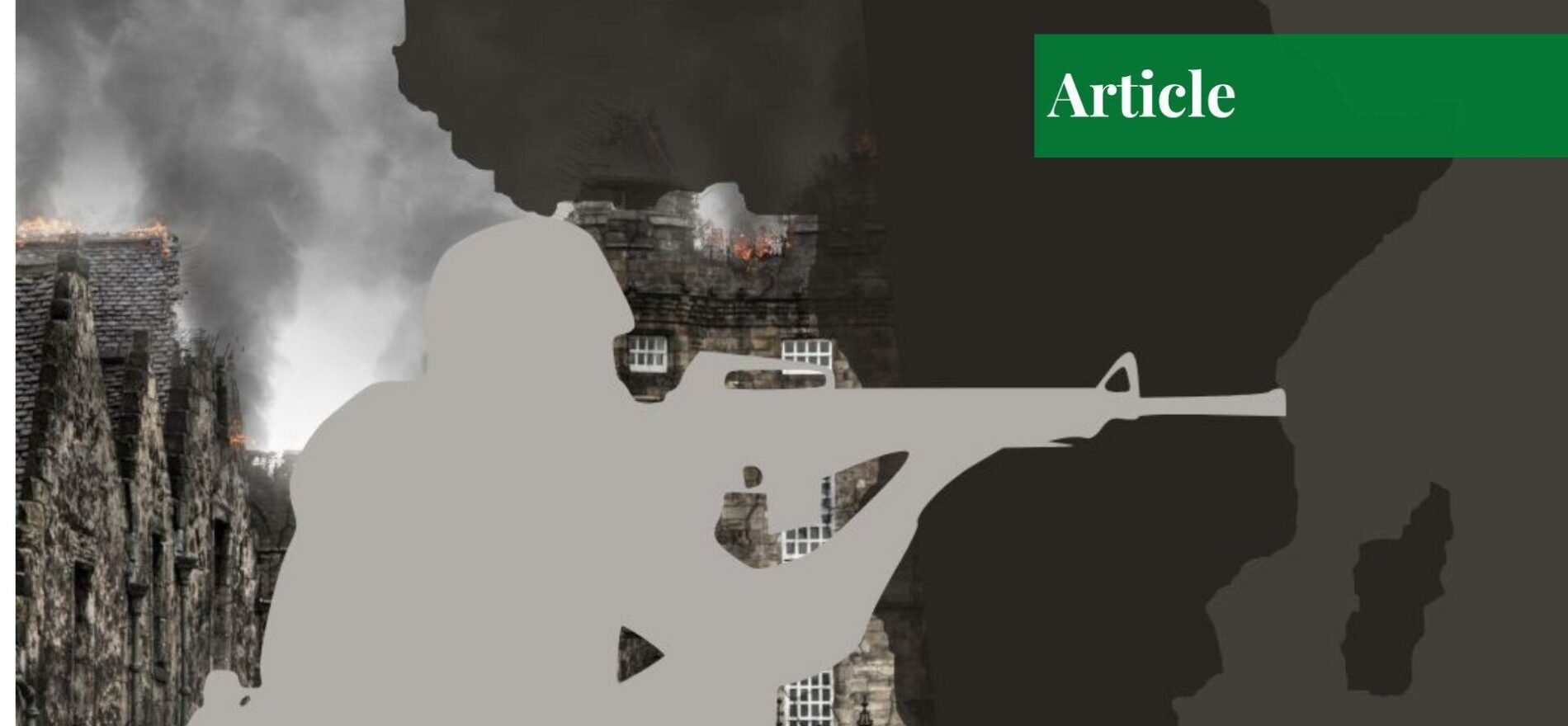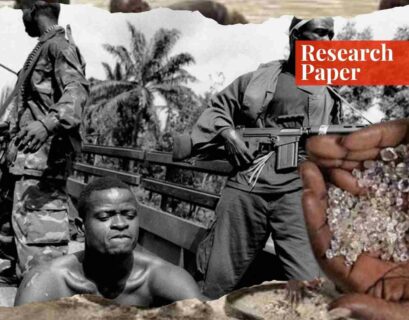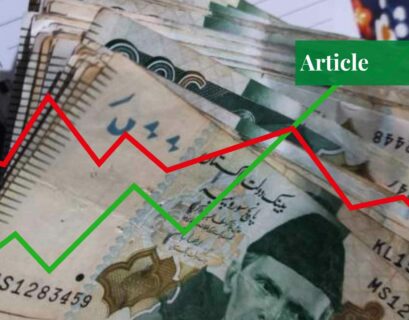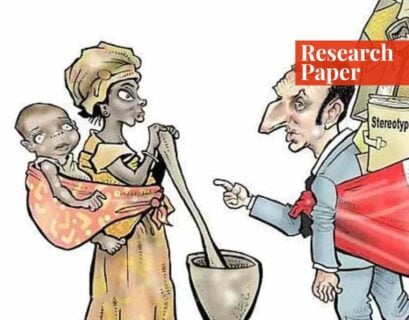Mr Muhammad Shahbaz Rajper is a freelance columnist from Sindh.
Historical Context
Since 2020, countries in West and Central Africa have witnessed several military coups. The recent one in Gabon marks eight such coups since 2020 in this region alone; these events provide a setback to efforts underway by governments in this part of Africa to shed its reputation as a “coup belt.” These events often account for persistent insecurity and corruption allowing military interventions.
Niger witnessed members of its Presidential Guard detain President Mohamed Bazoum on July 20, 2023, citing concerns for security deterioration and poor governance. This event raised significant alarm over regional stability, particularly since Niger has long been seen as an essential ally in combating insurgencies linked to al Qaeda and the Islamic State.
Burkina Faso experienced its first coup d’etat in January 2022, when military members overthrew President Roch Kaboré for failing to contain Islamist militant violence, prompting another coup attempt later that same year, which further destabilized its society and economy. A further coup occurred three months later, in September, which further undermined national stability.
Guinea saw its coup in September 2021 when Colonel Mamady Doumbouya ousted President Alpha Condé for altering the constitution to extend his term, after amending it unilaterally with controversial changes that extended it by three years. Military promises of democratic elections have yet to materialize despite promises made during these three years by Colonel Mamady Doumbouya himself.
Chad experienced an army takeover following President Idriss Deby’s assassination, infuriating civil unrest. Mali experienced two coup attempts within six months: one in August 2020 followed by one more in May 2021 that disrupted democratic governance transition processes.
Gabon witnessed military officers declaring themselves to have taken power following President Ali Bongo’s re-election, with accusations that his vote had been fraudulent; opposition parties denounced it as such and the coup leaders used credibility issues as justification.
International Reactions and Perspectives
Coups reveal deeper sociopolitical concerns that need to be evaluated from multiple angles. First and foremost, coups tend to arise out of profound dissatisfaction with existing governance structures. Military intervention often justifies itself by alleging corruption or poor governance practices as the reasons. Civil-military relations often break down due to this phenomenon with soldiers no longer adhering to civilian oversight while acting as alternative power centers.
Secondly, these events demonstrate an absence of trust in democratic processes and institutions, such as in Gabon where military intervention cited election fraud as justification, showing just how fragile electoral integrity in Gabon remains. Similar justifications were used by Guinea and Mali’s military juntas during similar political crises, and this lack of faith eventually led to military coups in West Africa being seen as solutions.
International responses to military coups have been swift and unanimously condemnatory, emphasizing their significance for democratic governance and the rule of law. Organizations including the African Union and UN as well as countries including France have all denounced these military takeovers.
From an international relations viewpoint, these countries pose a threat to regional stability and security, creating a vacuum that can worsen existing challenges like insurgencies and economic instability. The international community recognizes that stability in these nations is imperative to overall regional peace and development.
Conclusion
Military coups across Africa, specifically West and Central Africa, are an unpredictable trend that threatens progress toward stable democratic governance. Military involvement, often justified in the face of governance failings poses a considerable threat to political stability and development. Understanding such events requires conducting extensive historical, political, and socioeconomic analyses within each nation as well as an examination of regional dynamics impacting these occurrences.
If you want to submit your articles, research papers, and book reviews, please check the Submissions page.
The views and opinions expressed in this article/paper are the author’s own and do not necessarily reflect the editorial position of Paradigm Shift.



















